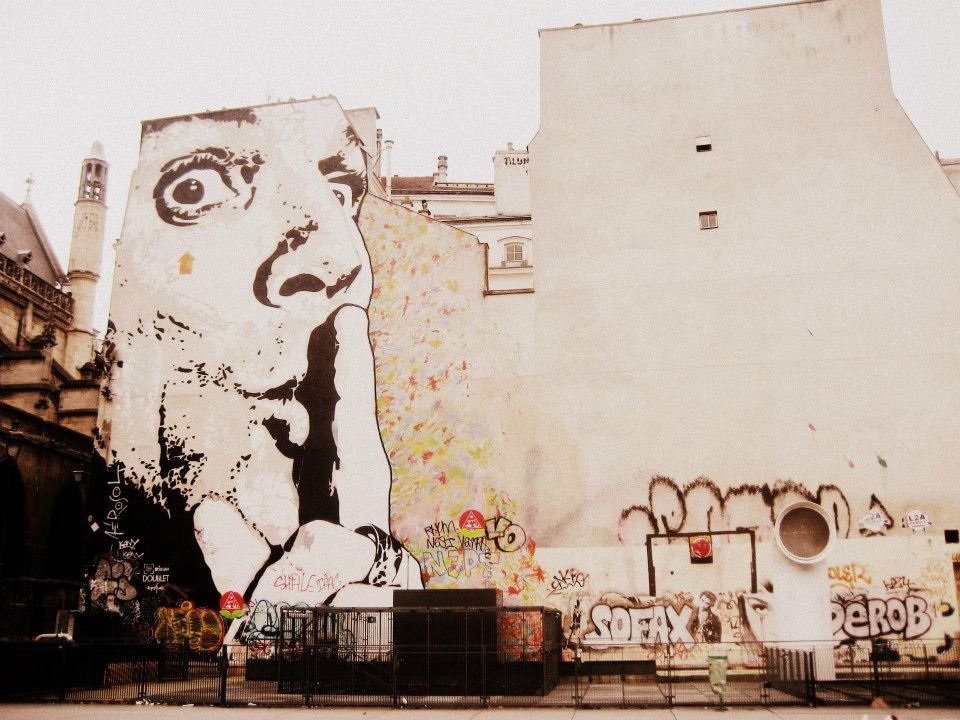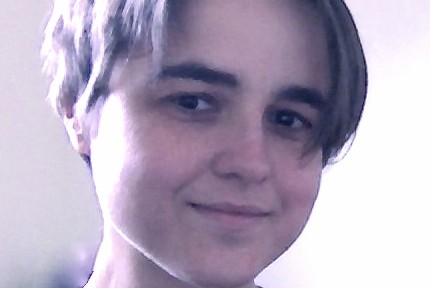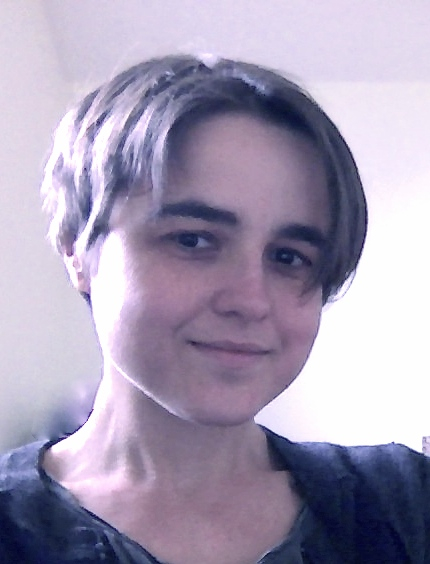Professor Jean-Marc Dewaele from the Department of Applied Linguistics and Communication recalls his experience of learning the strength of swear words after moving to the UK, and his research on how the use and perceived offensiveness of words differs between first and foreign users of English.
 When I arrived in the French department at Birkbeck in October 1994, after having finished my PhD on French interlanguage at the Free University of Brussels, I was well aware of a number of aspects of the English language that I was still struggling with: prepositions, the pronunciation of certain words, some verbal constructions… I was unaware of gaps in my knowledge of taboo words, appropriate communication of emotion, the distance between British speakers (one arm length, rather than half an arm’s length like on the continent) and general avoidance of physical contact with interlocutors. I picked up most of these things gradually, through the observation of my colleagues and students. My neighbour, a librarian at Senate House, was kind enough to proofread my papers until I became more sure-footed in academic English. I realised that I would never get rid of my French-Dutch accent in English and decided that I could live with that – even if it involves answering the regular and rather tedious question ‘where are you from?’ to which I invariably answer ‘London’ and then add ‘from Belgium originally’. My English vocabulary grew, with the exception of words that were bleeped out on radio and television or censured in the newspapers. I had no idea what was meant with b****, b******, c***, d***, though I guessed that f*** meant ‘fuck’.
When I arrived in the French department at Birkbeck in October 1994, after having finished my PhD on French interlanguage at the Free University of Brussels, I was well aware of a number of aspects of the English language that I was still struggling with: prepositions, the pronunciation of certain words, some verbal constructions… I was unaware of gaps in my knowledge of taboo words, appropriate communication of emotion, the distance between British speakers (one arm length, rather than half an arm’s length like on the continent) and general avoidance of physical contact with interlocutors. I picked up most of these things gradually, through the observation of my colleagues and students. My neighbour, a librarian at Senate House, was kind enough to proofread my papers until I became more sure-footed in academic English. I realised that I would never get rid of my French-Dutch accent in English and decided that I could live with that – even if it involves answering the regular and rather tedious question ‘where are you from?’ to which I invariably answer ‘London’ and then add ‘from Belgium originally’. My English vocabulary grew, with the exception of words that were bleeped out on radio and television or censured in the newspapers. I had no idea what was meant with b****, b******, c***, d***, though I guessed that f*** meant ‘fuck’.
My colleagues, students and friends were too well educated to use such words in conversation, the words were unprintable and they did not figure in the English word lists at my secondary school in Bruges. How then, I wondered, was I, a foreign language user, supposed to learn these vibrant dark words? I asked a colleague in the Applied Linguistics department, Dr Macolm Edwards, what he considered to be the worst English taboo word. He looked at me quizzically and remained silent. I encouraged him, telling him that we were applied linguists after all and that we could deal with the dark linguistic stuff. He straightened his back, looked at me and said: ‘I couldn’t possibly tell you but I can spell it out: c – u – n- t’. ‘Cunt?!’ I repeated. He jumped back as stung by a wasp. ‘Wow,’ I thought, ‘mighty word indeed’.
I told him that French and Dutch have cognates ‘con’ and ‘kont’ that are not nearly as powerful and wondered why some words that share the same origin become taboo whereas others don’t quite manage to join that league. This conversation happened in the mid-2000s when I was busy working on how multilinguals used their different languages to express particular emotions. One of the striking findings was that languages learnt later in life typically felt disembodied and that emotion words in these languages lacked the emotional force of equivalent words in multilinguals’ first language(s).
I decided then to focus on specific negative emotion-laden words in one language, English, and to invite first (L1) and foreign language (LX) users to rate their offensiveness and frequency of use. The aim was to have a wide range in offensiveness, from relatively mild words such as ‘fruitcake’ and ‘idiot’ to really taboo words and expressions such as ‘fucking hell’ and ‘cunt’. There are also questions about general frequency of swearing in English with various categories of interlocutor. More than two thousand English L1 and LX users participated in the study. English LX users reported swearing significantly less in English than L1 users, possibly because of a lack of emotional resonance of the LX or because they had other languages to swear in. High levels of Psychoticism, Extraversion and Neuroticism were linked with more swearing in English among both L1 and LX users. The level of English proficiency, the frequency of use, early onset and context of the acquisition were linked to swearing among LX users.
The analysis of differences between L1 and LX users for the 30 words and expressions yielded some unexpected findings. As expected, L1 users reported more frequent use of the highly offensive words. However, rather than underestimating offensiveness, LX users significantly overestimated the offensiveness of 29 out of the 30 words. The only word they underestimated was ‘cunt’ – the most offensive word in the list. I have argued that the word is so offensive that it is invisible in the press and used quite rarely by L1 users which means that LX users have few opportunities to acquire a complete semantic and conceptual representation of the word. They may therefore wrongly believe that ‘cunt’ is just another swear word, not perceiving the second red flag known to all L1 users. Use of the word was found to be linked to personality with participants scoring high on Extraversion, Neuroticism and Psychoticism reporting more frequent use of the word.
To conclude, the dark side of English is a bit like the dark side of the moon to those who are not astronauts: full of fascinating, mysterious and potentially dangerous features.
Dewaele’s most recent research into swearing – “Cunt: On the perception and handling of verbal dynamite by L1 and LX users of English” is published by Multilingua.


